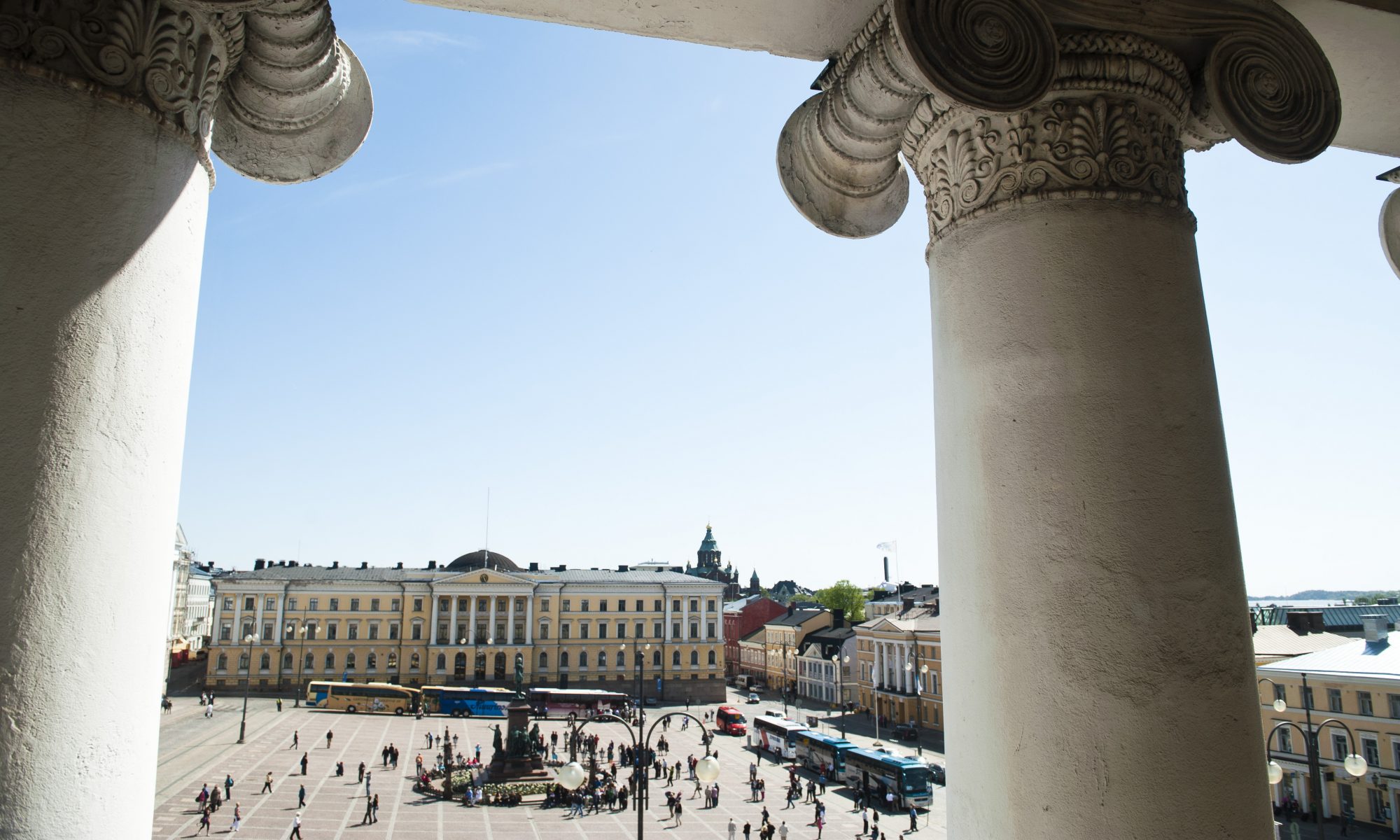Plan S, national open science coordination, EOSC… Last year was an eventful time in open science. Think Open blog’s annual open science review 2019 brings together the highlights, interesting articles and trends of the 2019.
Jatka lukemista ”The open science annual review summarizes the main topics for 2019”
